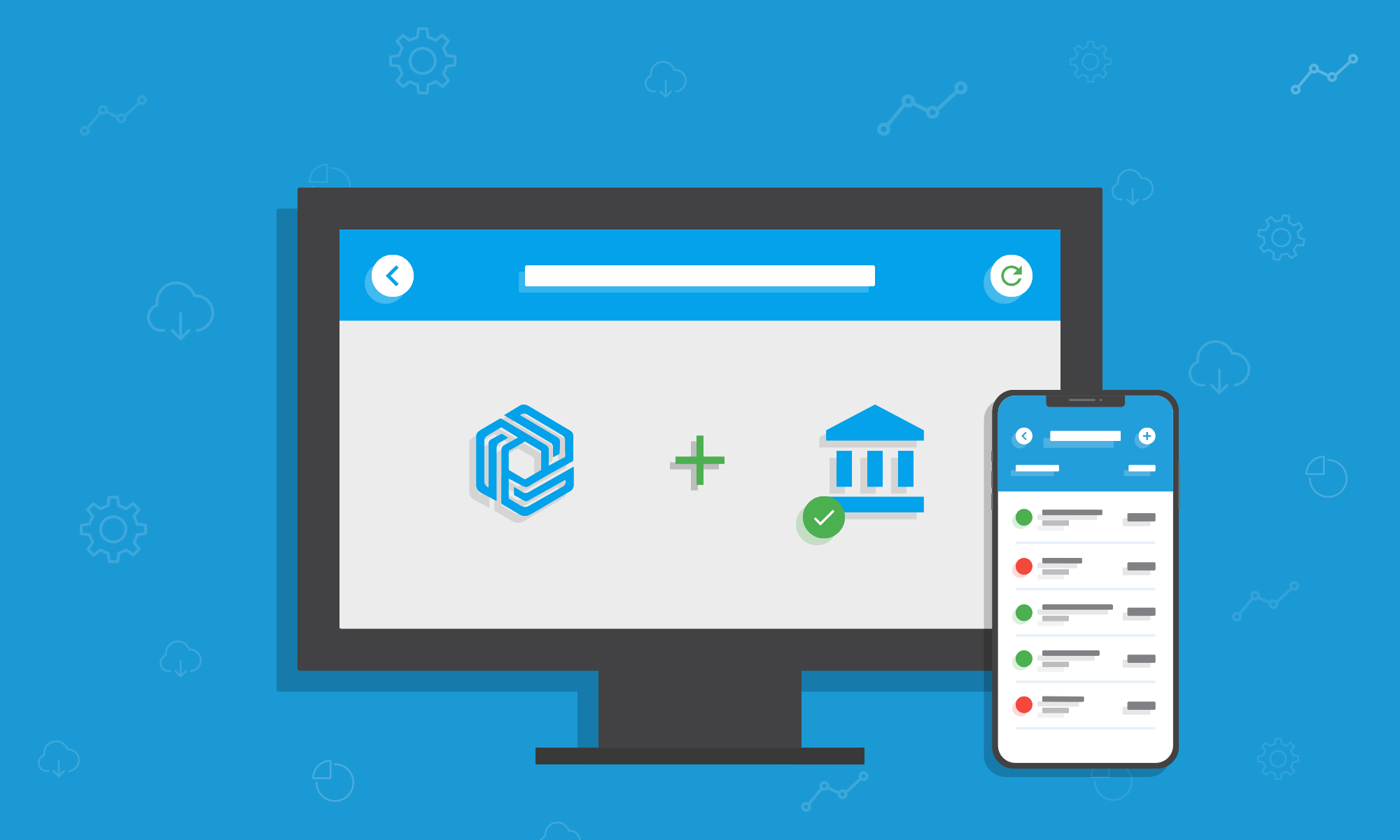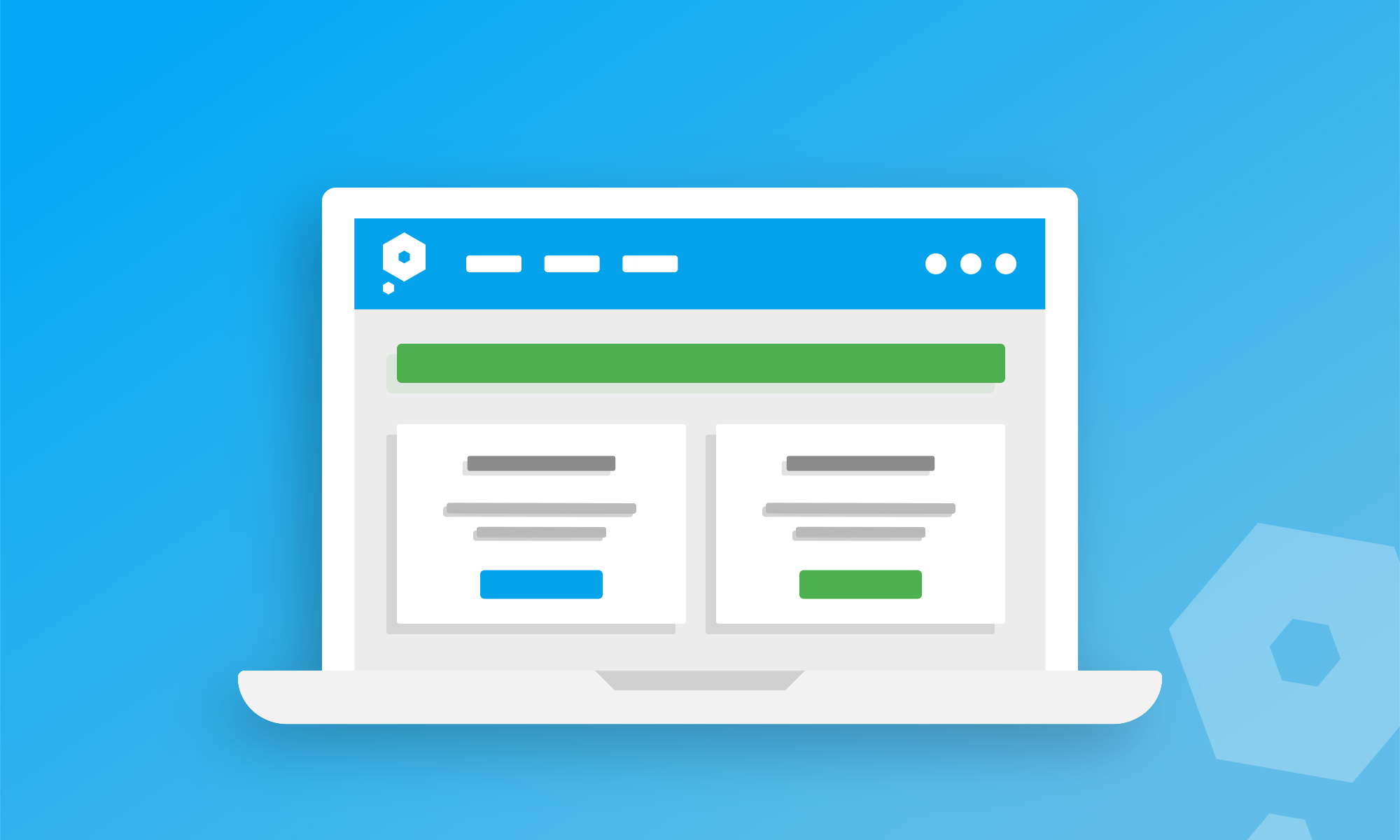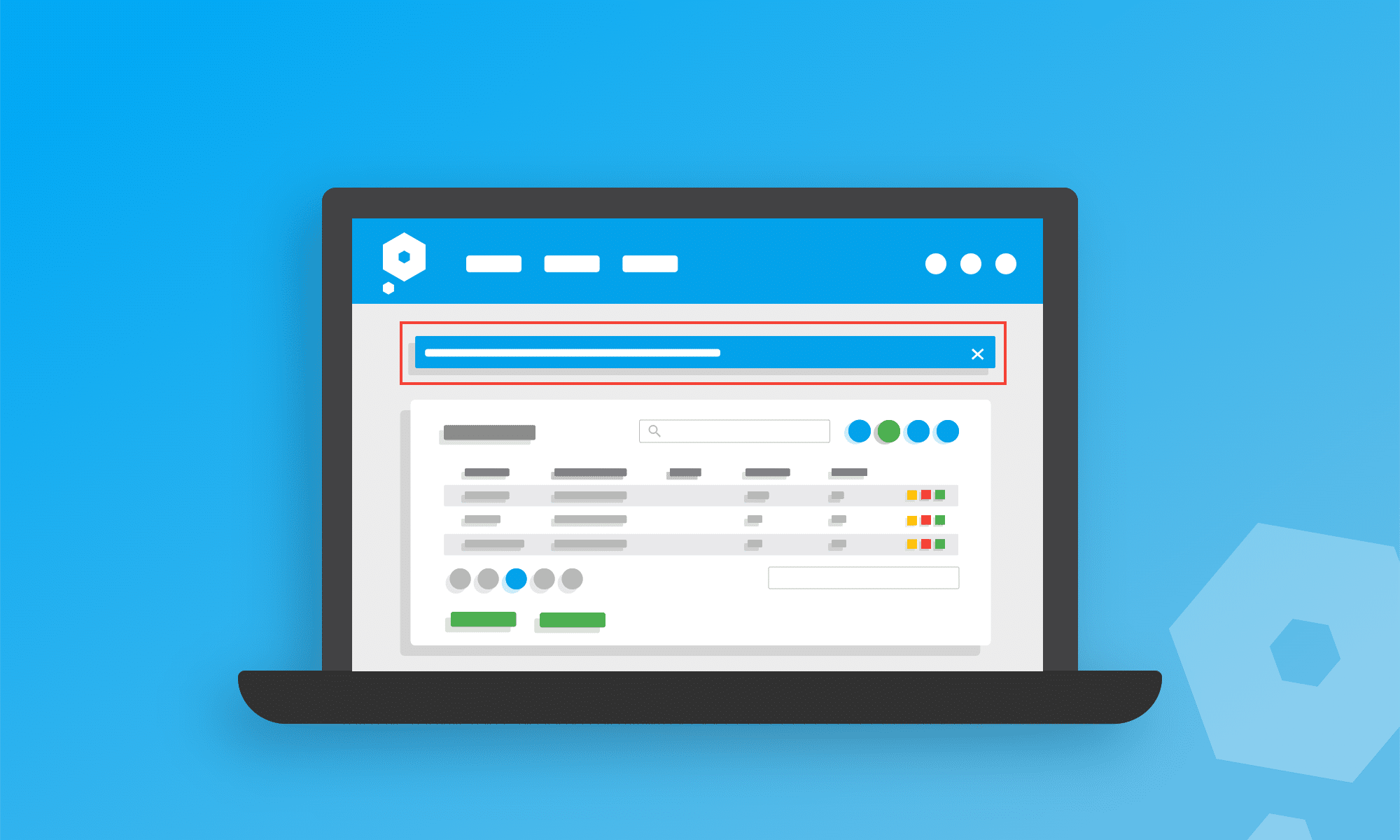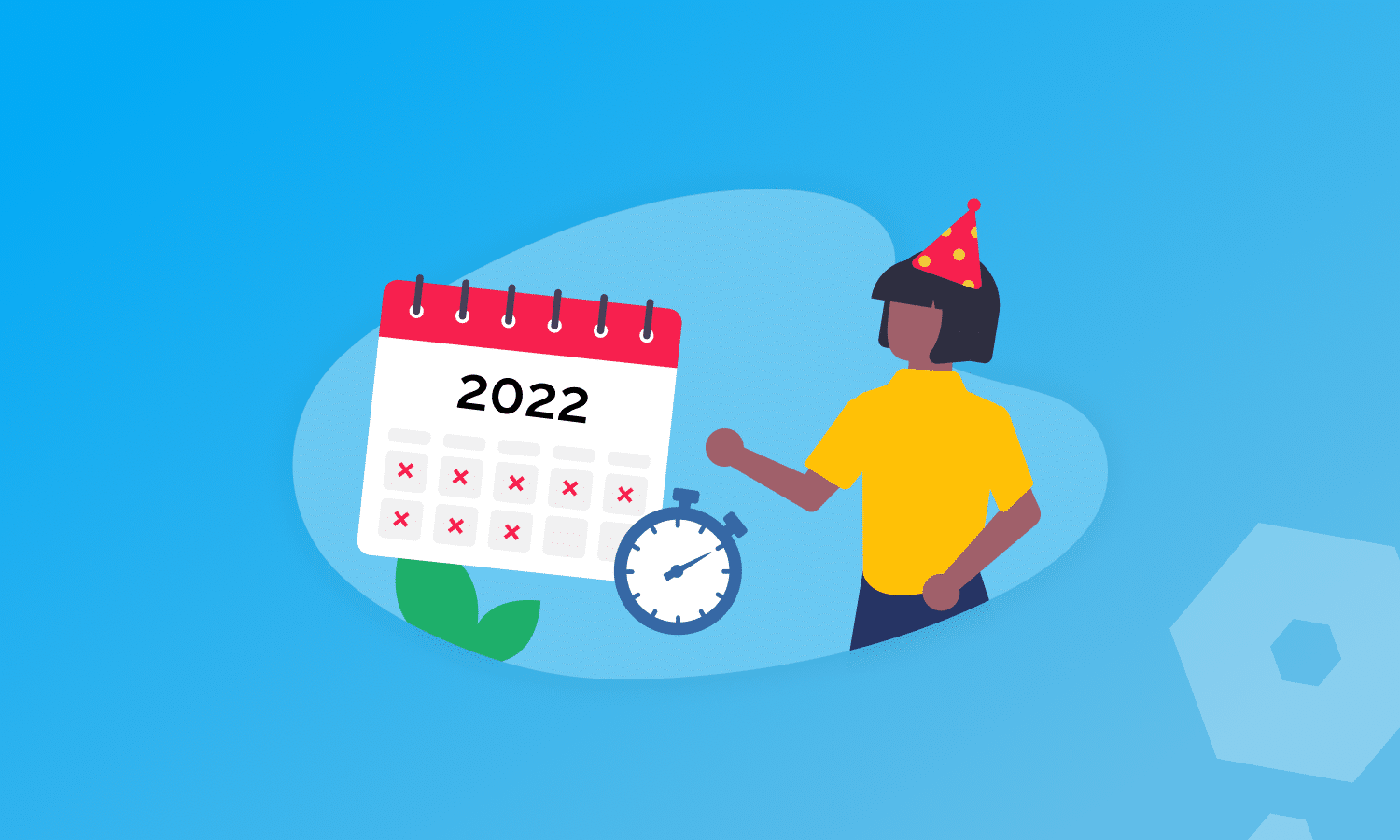The next stage of the Open Banking Regulation is coming into effect on 14th September 2019, which means an update to the rules on the way that bank account information is accessed and shared.
It’s had an effect on what some bookkeeping software providers are able to offer. But, we’re glad to say that here at Pandle, our full array of Bank Feeds will still be available to our users.
But what does it all mean? Well, we believe in making things refreshingly simple, so read our guide to Open Banking, Bank Feeds, and what it means for accountancy software like Pandle.









